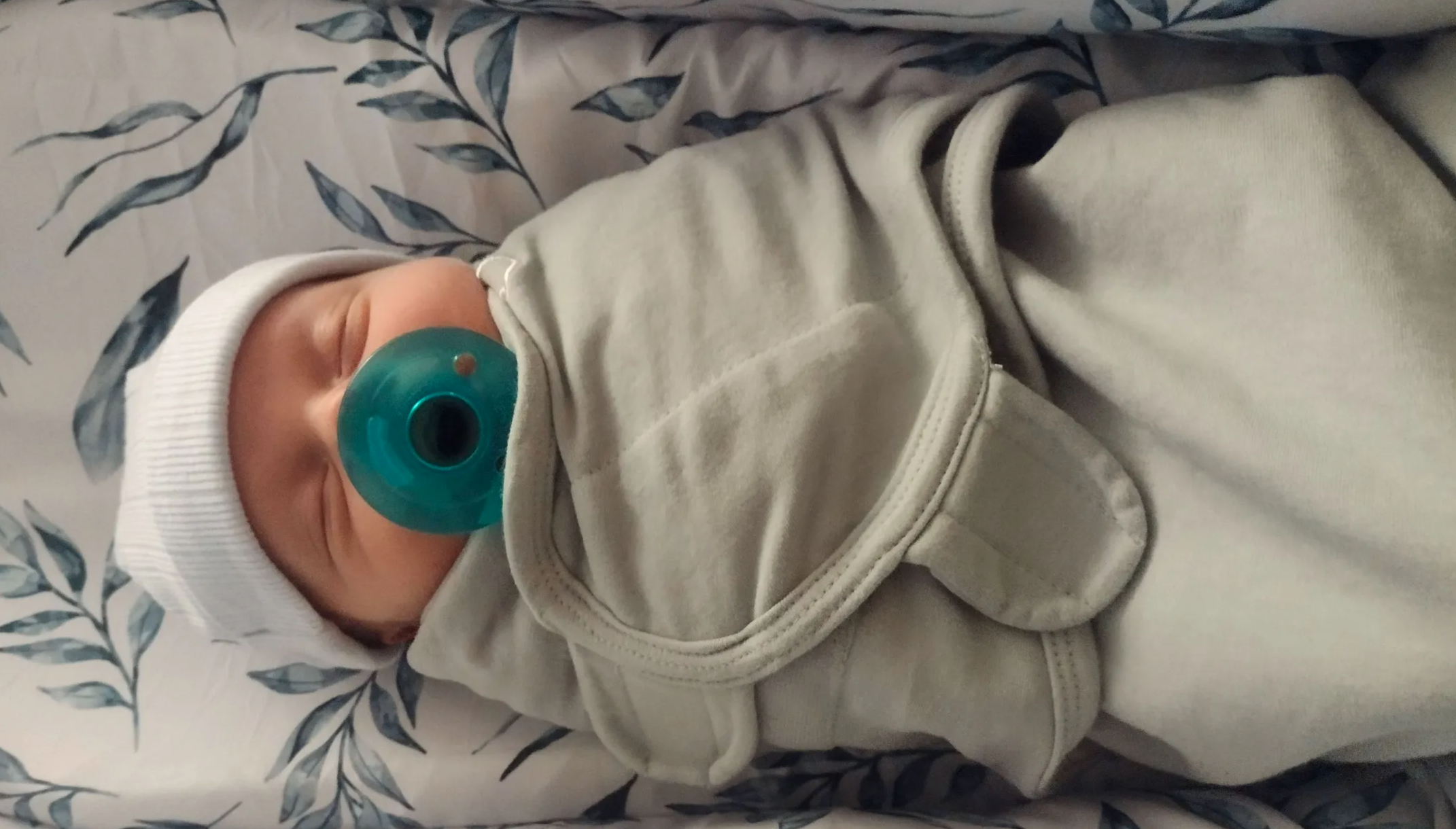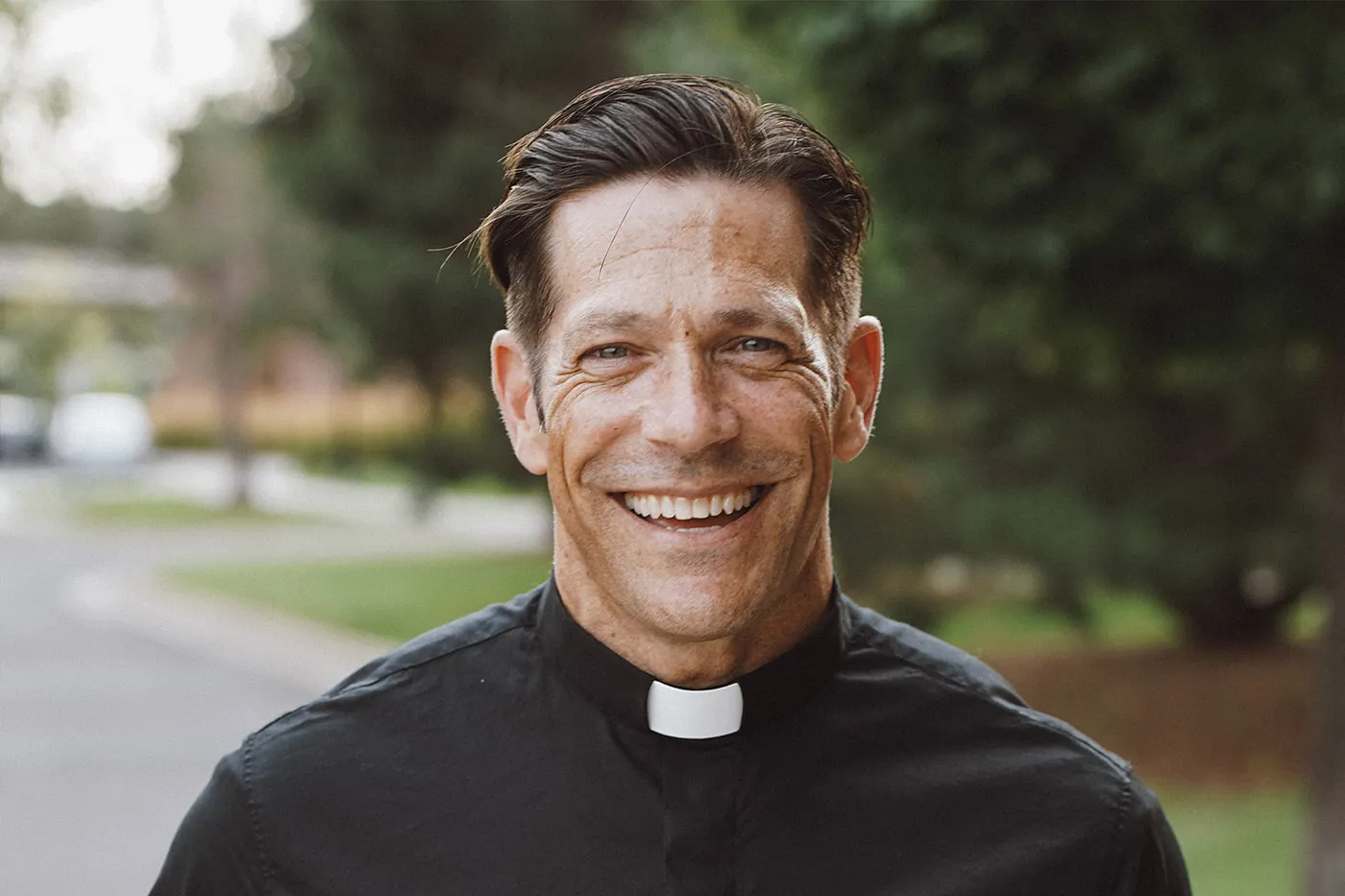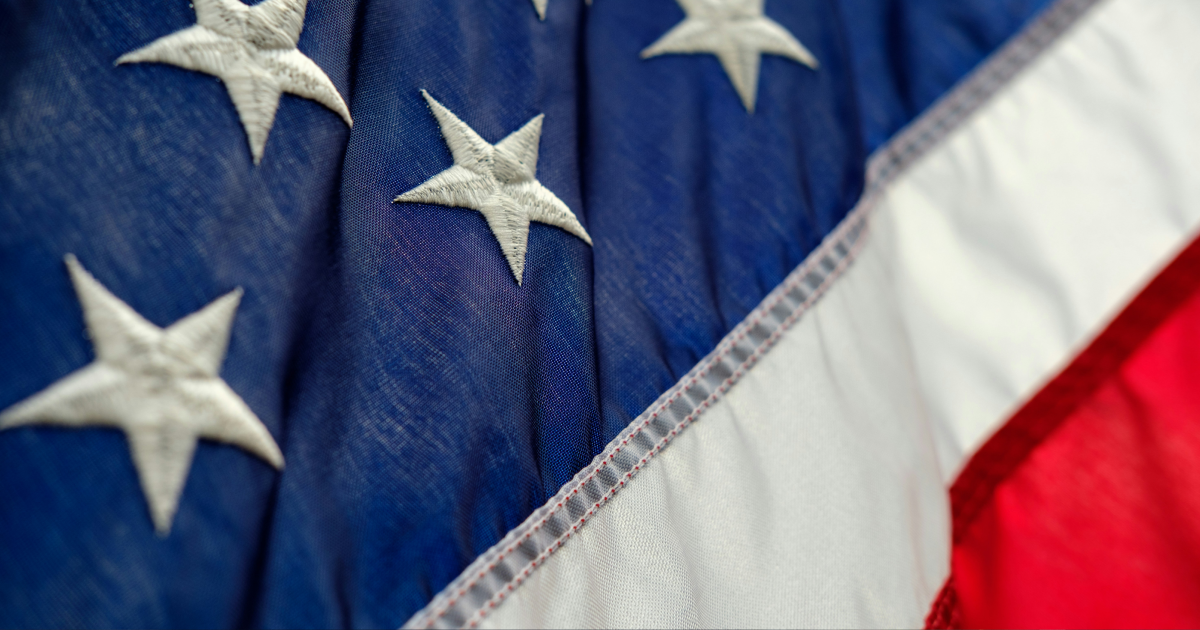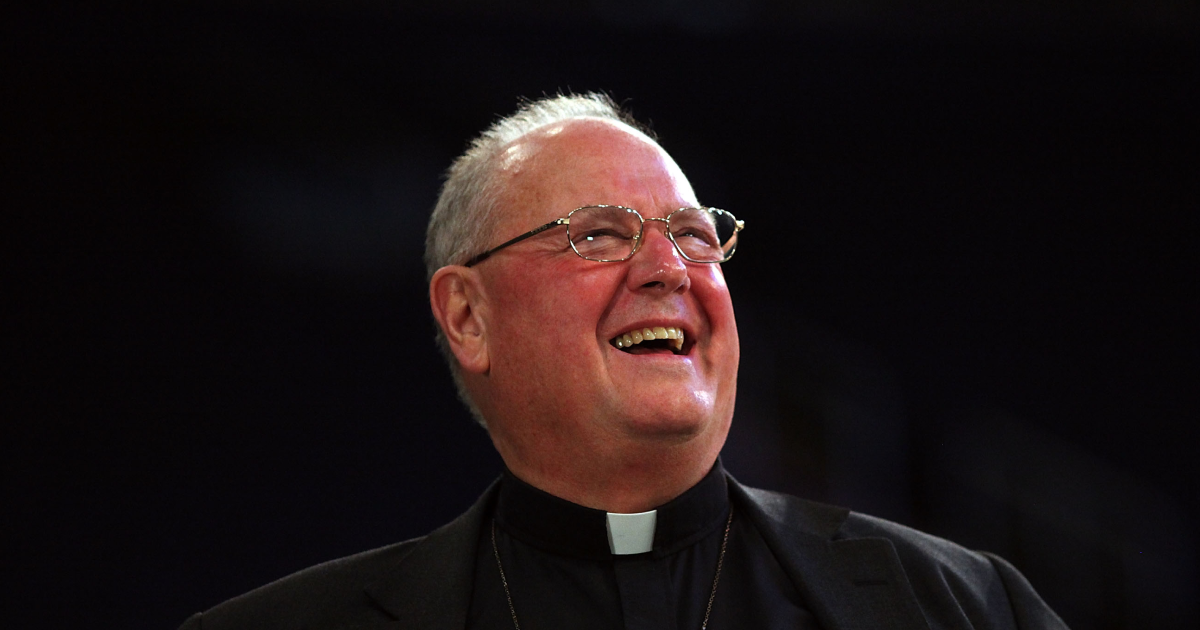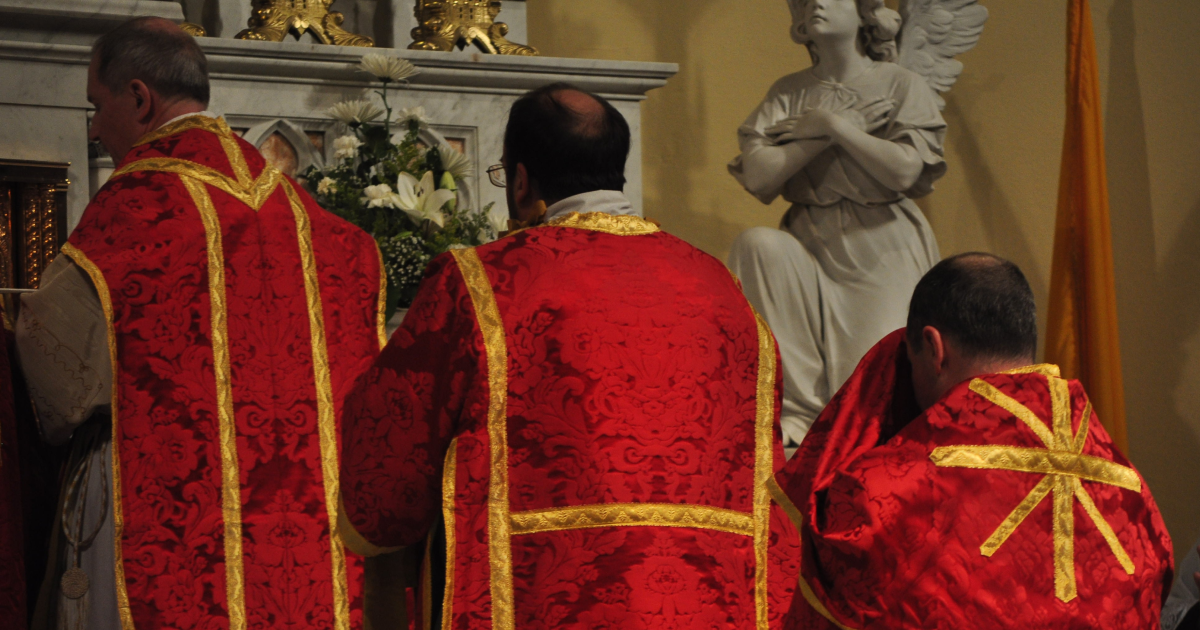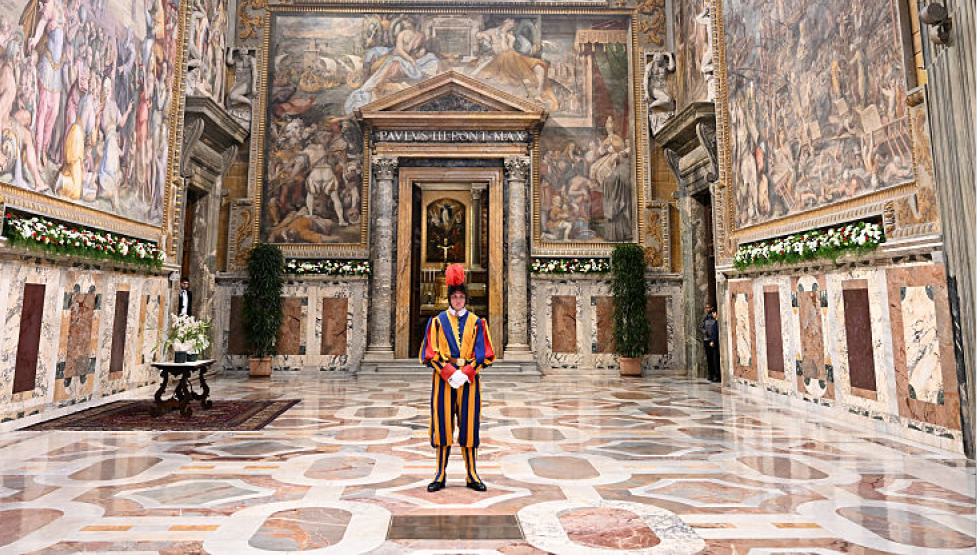A human embryo that was frozen more than three decades ago has just been born as a baby boy in the United States.
Born in Ohio, the baby has “set the record” and become the world’s “oldest baby” after "being born from an embryo" that was placed in storage before his parents had started primary school, reports The Times.
It describes how Thaddeus Daniel Pierce was born on 26 July to Lindsey and Tim Pierce, who “adopted his embryo” last year. The embryo was frozen in 1994 and one consequence is that the baby has a 30-year-old sister.
Speaking to MIT Technology Review, which first reported the story, Lindsey Pierce said: “We didn’t go into it thinking we would break any records. We just wanted to have a baby.”
The previous record for the "oldest baby" was held by a pair of twins born in Oregon in 2022, who had been frozen as embryos 30 years before, The Times notes.
It relates that Thaddeus’s embryo was originally created during IVF treatment in the 1990s for Linda Archerd and her then-husband, after the couple had struggled to conceive. The process resulted in the creation of four embryos. One was implanted into Archerd’s uterus and resulted in the birth of a daughter, who is now 30 and a mother herself to a ten-year-old daughter.
The remaining three embryos were kept in long-term storage. “I always wanted another baby desperately,” says Archerd, who is now 62. “I called them my three little hopes.”
Archerd was "awarded custody of the embryos" when she divorced her husband, The Times reports. After a number of years, she learned about embryo adoption, a form of donation "typically arranged by Christian agencies in the US", after which she agreed to "place them with families".
Archerd’s embryos were "assigned to a scheme for embryos that are 'hard to place', usually because they have been in storage for a long time or are thought to be less likely to result in a healthy birth for other reasons," states The Times.
Lindsey and Tim Pierce signed up for the same programme after the couple, aged 35 and 34, respectively, had been trying for a baby for seven years.
Archerd says that the experience of one of the three frozen embryos being born to another couple has been deeply moving: “It’s been pretty surreal. It’s hard to even believe.”
The fertility clinic that implanted the embryo is run by John Gordon, a reproductive endocrinologist who is working to reduce the number of embryos in storage, reports The Times.
Gordon, a Reformed Presbyterian, says: “We have certain guiding principles, and they’re coming from our faith."
He describes the two main principles as being, one, that "[e]very embryo deserves a chance at life", and secondly, that "the only embryo that cannot result in a healthy baby is the embryo not given the opportunity to be transferred into a patient".
The first successful birth through in vitro fertilisation took place in 1978, when Louise Brown was born in the UK, marking a "breakthrough in reproductive medicine," says The Times, "paving the way for millions of births worldwide using the technique".
It acknowledges that estimates suggest how millions – and possibly tens of millions – of embryos are stored in freezers around the world as a result of a surplus from IVF procedures, which produce far more embryos "than can be implanted".
The birth of the world’s “oldest baby” follows the world’s most prematurely born baby reaching his first birthday.
A baby in the US who was born at exactly 21 weeks – 133 days ahead of his mother’s due date – has just been recognised as the world’s most premature baby by Guinness World Records.
The announcement of the world record came shortly after the baby, Nash Keen, turned one year's old, having survived against what Guinness World Records described as “phenomenal odds”.
RELATED: World’s most prematurely born baby reaches first birthday





